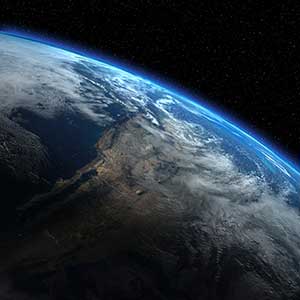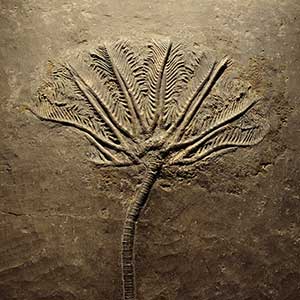Your cart is currently empty!
Earth Science
In Accelerate Online Academy’s course of Earth Science, students will learn about the Earth as well as it’s placement in our solar system. Students will learn about the Big Bang Theory, the movements of planets, Earth’s Water Cycle, Climate, Weather, Earth’s atmosphere, Earth’s tectonic system, erosion and soil formation, Earth’s feedback systems and nutrient cycles,…
Semester A
How much do we really know about our home, planet Earth? The Earth Science course will explore the dynamic
systems of Earth and Space to help students understand how Earth’s systems have developed through time, how they are
interrelated, and how humans impact them. In the first semester, students will investigate the universe and its stars, the planets of
the Solar System, and the systems that make up Earth. Students will examine the role of water on our planet and sun-driven
interactions affecting climate and weather. They will also model biogeochemical cycles and energy flow through Earth’s systems.
Students will use critical thinking and problem-solving skills to learn through videos, readings, interactive activities, mini-projects,
labs, and simulations based on real-world data. These course assignments are designed to explicitly engage students’ Next
Generation Science Standards (NGSS) Performance Expectations (PEs). Also, students will apply Science and Engineering Practices
(SEPs) to construct an understanding of Disciplinary Core Ideas (DCIs) through the lens of Crosscutting Concepts (CCs) to explain a
phenomenon. The discussion assignments focus on enabling students to use their science knowledge to make informed decisions
about personal and societal issues. Students will be assessed through lesson quizzes and semester exams.
Semester B
In the second semester, students will explore how Earth’s surface changes through plate tectonics and
geological processes. Students will also take a step back in time to see how the Earth and life developed through its timescale. By the
end of the course, students will be able to explain the different systems on Earth, how they affect each other, and how the Earth is
changing due to human activity. This course will give students tools and information to examine their daily choices in response to
ongoing natural hazards like climate change and find ways to protect the Earth and its natural resources. Students will use critical
thinking and problem-solving skills to learn through videos, reading, interactive activities, mini-projects, labs, and simulations based
on real-world data. The course assignments are designed to explicitly engage students in the Next Generation Science Standards
(NGSS) Performance Expectations (PEs). In many cases, students will apply Science and Engineering Practices (SEPs) to construct an
understanding of Disciplinary Core Ideas (DCIs) through the lens of Crosscutting Concepts (CCs) to explain a phenomenon. The
discussion assignments focus on enabling students to make informed decisions about personal and societal issues. Students will be
assessed through lesson quizzes and semester exams.
Semester A
Major Concepts:
- The Nature of Science
- The Universe and its Stars
- Earth’s Place in the Universe
- Earth’s Atmosphere
- Water on Earth
- Biogeology
Semester B
- Earth’s Changing Surface
- Studying Earth’s Past
- Earth’s Changing Conditions and Life
- Earth’s Changing Climate
- Natural Resources
- Human Impact and Natural Hazards
What TO EXPECT
See what our program is like after you get enrolled for parents and students.
Full-Time ProgramS
Our full time online tuition programs include enrollment for the school year (i.e. two semesters). Tuition varies based on our different programs. We recommend that students wishing to take 4 or more individual classes apply to our Full-Time Tuition Programs.
Highly Qualified Teachers 24/7 Access to Learning Platform Optional Weekly Group Synchronous Sessions And More!








